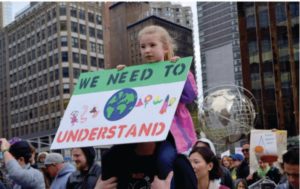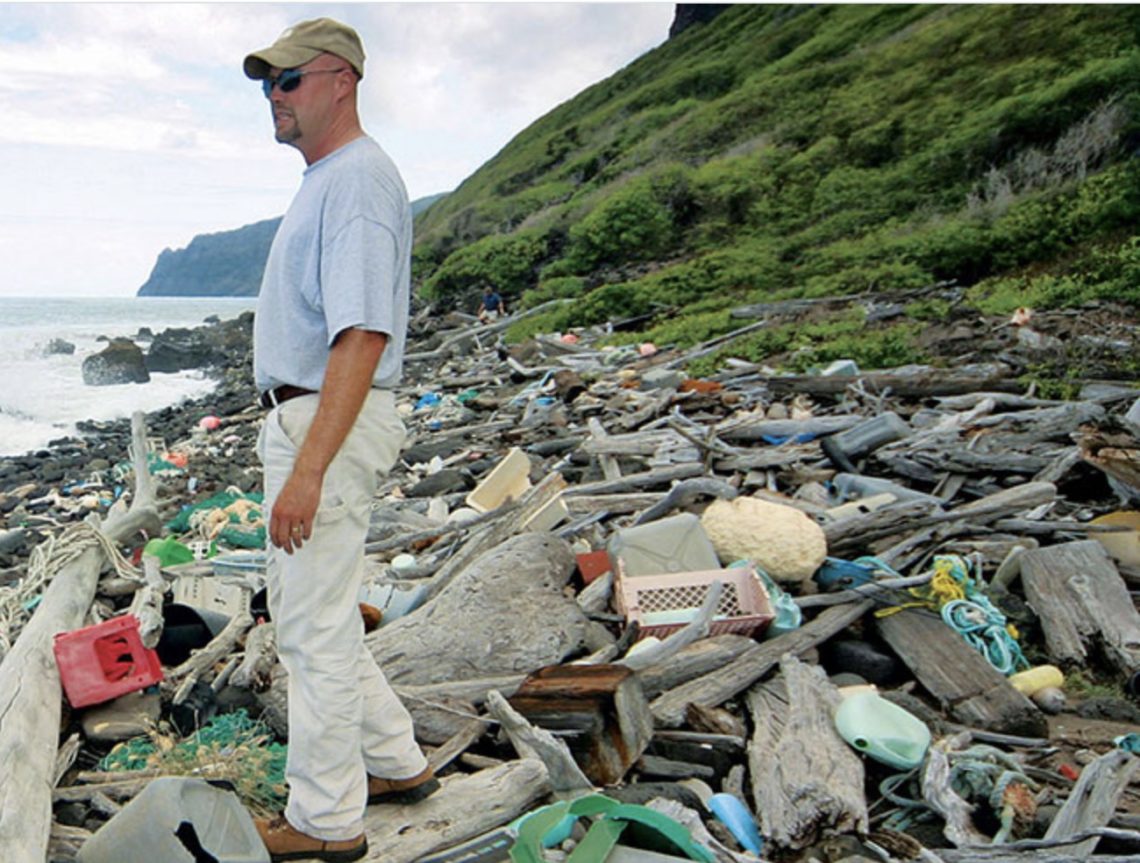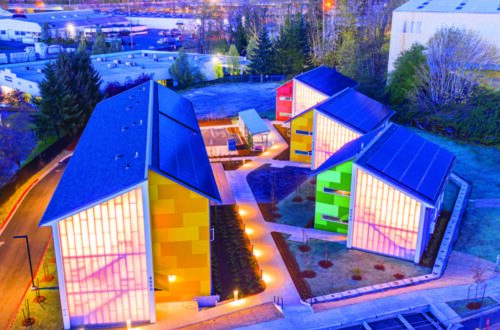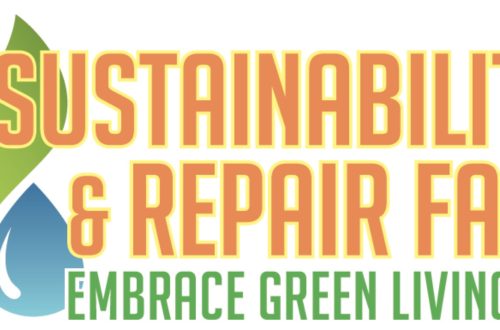 Do you feel frustrated about what you see on TV, online, and in other media?
Do you feel frustrated about what you see on TV, online, and in other media?
I used to volunteer for Northwest Earth Institute (NWEI) as a mentor for their discussion courses. This entailed going to the first meeting of a new group to explain the class structure and to lead the first session, then returning to the last session to get evaluations and feedback. I always loved going to that last session. Why? Because the participants were energized by what they had learned from the readings and by the conversations they had had. Invariably they would ask “What can we do?” They wanted to take action to help make changes happen.
What the NWEI class participants learned was that finding like-minded individuals and combining energies was a positive way to move forward and take action. One of the women said she learned that by taking action, she could make a difference. Many of us think we are powerless, that what we do doesn’t matter, no one will listen, we are simply one person. So what happens? Nothing changes. It becomes a self-fulfilling prophecy. But remember Margaret Mead’s statement:
“Never doubt that a small group of thoughtful committed citizens can change the world; indeed, it’s the only thing that ever has.”
The NWEI discussion courses cover various aspects of sustainability and the environment, which were the same issues that the people in the courses chose to act on in some way. I am positive that when you look around you, there are particular things that you want to see changed, whether it is about government, schools, community or sharing, food, environment, and innumerable other matters. There are so many ways to do something about that which concerns you:
- Get together with others to learn more about an issue by reading or watching videos.
- Write letters to decision makers or call to express your views
- Read to children at the library, or to older people at a care facility
- Run for public office
- Write a letter to the editor
- Sign petitions
- Get to know your neighbors better and form a support network
- Volunteer with a group that works on projects you care about
In his book Blessed Unrest, Paul Hawken , a long-time environmentalist, entrepreneur and best-selling author, writes about a revelation he had. Over the years he has given thousands of talks, after which, people from various groups and organizations would hand him their business cards. When he got home, he would lay them out on the table and envision the missions of the diverse groups working on behalf of others. Later, he would store them in bags and drawers.
When I heard him speak once, he remarked that he envisioned all these groups working for good like the white blood cells circulating through a sick body to heal it. Thousands of such groups exist and they have many thousands of volunteers. That image inspired me then and still does.
I encourage you to ask yourself which makes you feel better: getting involved and doing something, or doing nothing. Sometimes the answer to that isn’t simple especially if you’re an introvert like I am. (At the Science March in Portland in April, there were signs that read “You know it’s serious when the introverts show up”.)
For me, the rewards of feeling that I am helping out overcome my hesitation and discomfort, so seeing the results reinforces my resolve. Actually, it’s good to have different personalities working together because each has attributes and strengths to bring to the work. The people who address and send envelopes are just as important as the people who stand up to speak.
Not only does participation help others, it helps the individuals who give their time. We feel more connected to others, and we become less absorbed in the normal stresses of daily life. We share our experiences with others and want to help more. Here is a list of other potential benefits of engagement:
- According to the Corporation for National & Community Service, you strengthen your community and your social network when you volunteer. You make connections with the people you are helping, and you cultivate friendships with other volunteers.
- The Campaign to End Loneliness reports that close to 45 percent of people in the US and the UK admit to feeling lonely. On top of that, one in ten adults reports that they have no close friends. Loneliness and social isolation are two of the most serious epidemics in the world today. The simplest way to reverse this? Volunteer!
- Social interaction improves mental and physical health, according to Psychology Today. The benefits of consistent socializing include better brain function and lower risk for depression and anxiety. You also strengthen your immune system.
Another consideration about engagement is that the more connections we make the more common ground we may find with others. The more common ground and understanding of others and their situations that we have, the more progress we can make solving some of the problems that divide us.
If you’re not sure where to look for volunteer/engagement opportunities, first decide what really appeals to you. Be clear about how much time you really have. What do you want to spend your precious spare time on? Ask friends and colleagues what they’re involved with. If you’re not sure what sounds right, check out the Hands On Greater Portland website: https://www.handsonportland.org/
“WANT TO CHANGE THE WORLD?”
Get started in your own community. Hands On Greater Portland can help. We will connect you with a volunteer opportunity that makes a meaningful, rewarding change in the Portland area. Build a house. Tutor a child. Care for abandoned pets. Build hiking trails. Lead a volunteer group. Join a nonprofit Board.
Whether you are working, parenting, in school or retired, Hands On Greater Portland offers you a variety of ways to get involved while meeting your schedule and interests. Volunteer for a one-time project. Volunteer for a few weeks. Volunteer after work or on the weekends. Volunteer alone, with family, friends or co-workers.
There are so many non-profits and even governmental organizations of all kinds that would love to have your help. Stop feeling powerless. Start making a difference.
Betty Shelley, and her husband, Jon, have filled only one 35-gallon can of garbage per year since 2006. In her three-session class, “Less is More: Getting to One Can of Garbage a Year”, Betty Shelley teaches her techniques for reducing waste.
For more info: www.reduceyourwasteproject.com
The following links may provide some inspiration about getting involved and participating.
The first is about holding the highest office in the land – that of being a citizen:
The next is about how to make change happen:
http://storyofstuff.org/movies/story-of-change/
The final two are examples of what can happen when local people come together to make their voices heard:







2 Comments
Laurie
Wonderful article and I did jump into a volunteer job with Breast Friends not long after the last election. I feel very good about what I do for women going through treatment for breast cancer! Anyone can help others!!
Susan Place
That is great. Thank you Laurie for volunteering with Breast Friends!